11 January 2025
Let’s face it: adventure games have come a long way since their pixelated beginnings. Sure, back in the day, it was all about solving puzzles, defeating enemies, or navigating labyrinthine worlds. But over time, something magical has happened—game developers realized that players crave more than just gameplay. We want stories that resonate with us, characters we can relate to, and worlds we can immerse ourselves in.
At the heart of this transformation? Character development.
Yep, characters are the beating heart of adventure games. Without them, even the most visually stunning landscapes or challenging puzzles can feel... hollow. Let’s dive in and unpack how character development amplifies the magic of adventure games and creates experiences we can’t stop talking (or thinking) about. 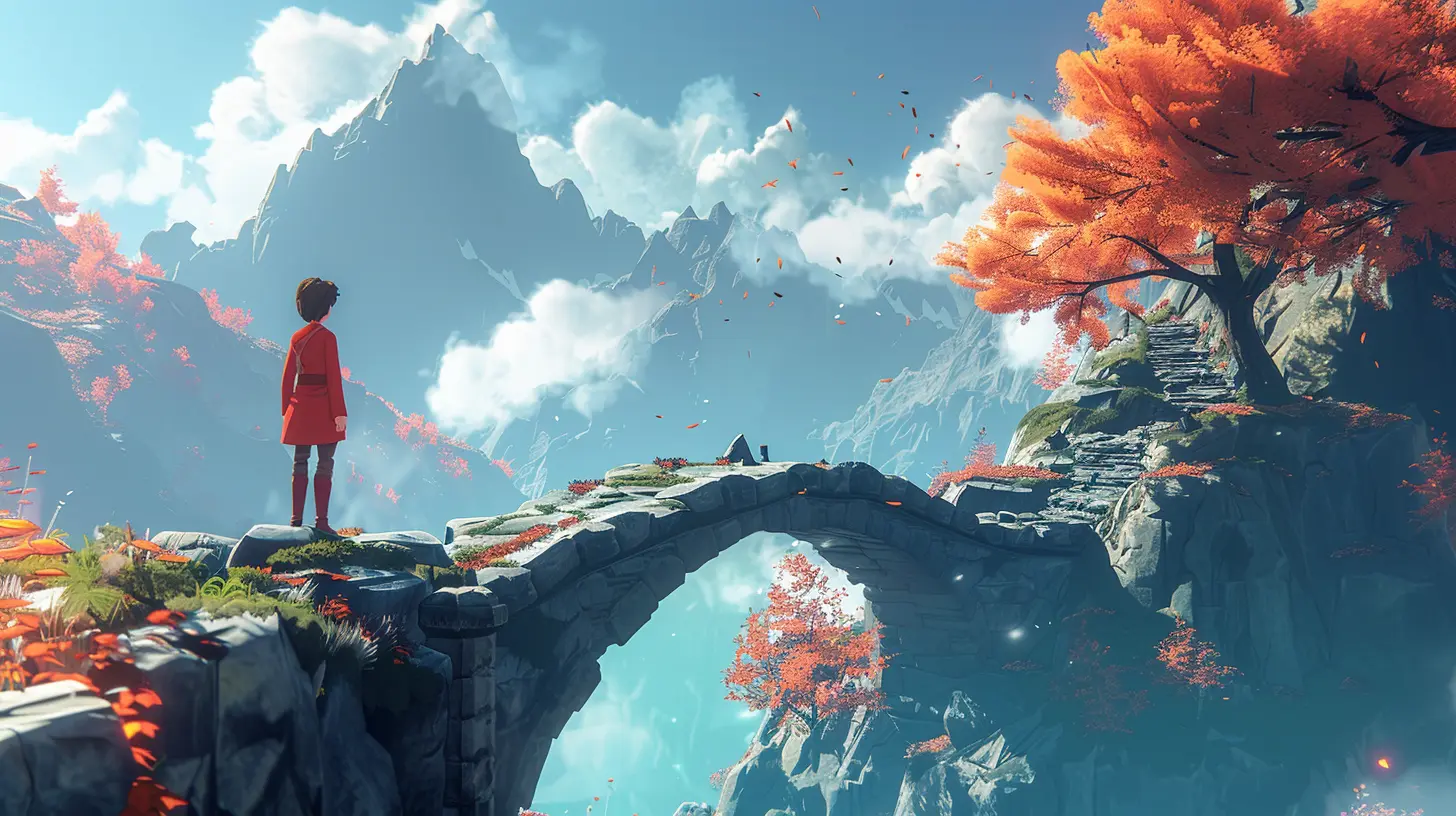
Why Everyone Loves A Good Character Arc
Think about your favorite video game protagonist for a second. Maybe it’s the brave adventurer who starts out as a scrappy underdog or the morally gray anti-hero trying to make amends for past mistakes. Now, ask yourself: What makes them unforgettable?Chances are, it’s their growth throughout the story. Character arcs are the secret sauce that keeps players invested. In life, we’re all growing, learning, and evolving, and we love seeing characters do the same. It’s like looking into a mirror and thinking, "Wow, if they can overcome that, maybe I can too." 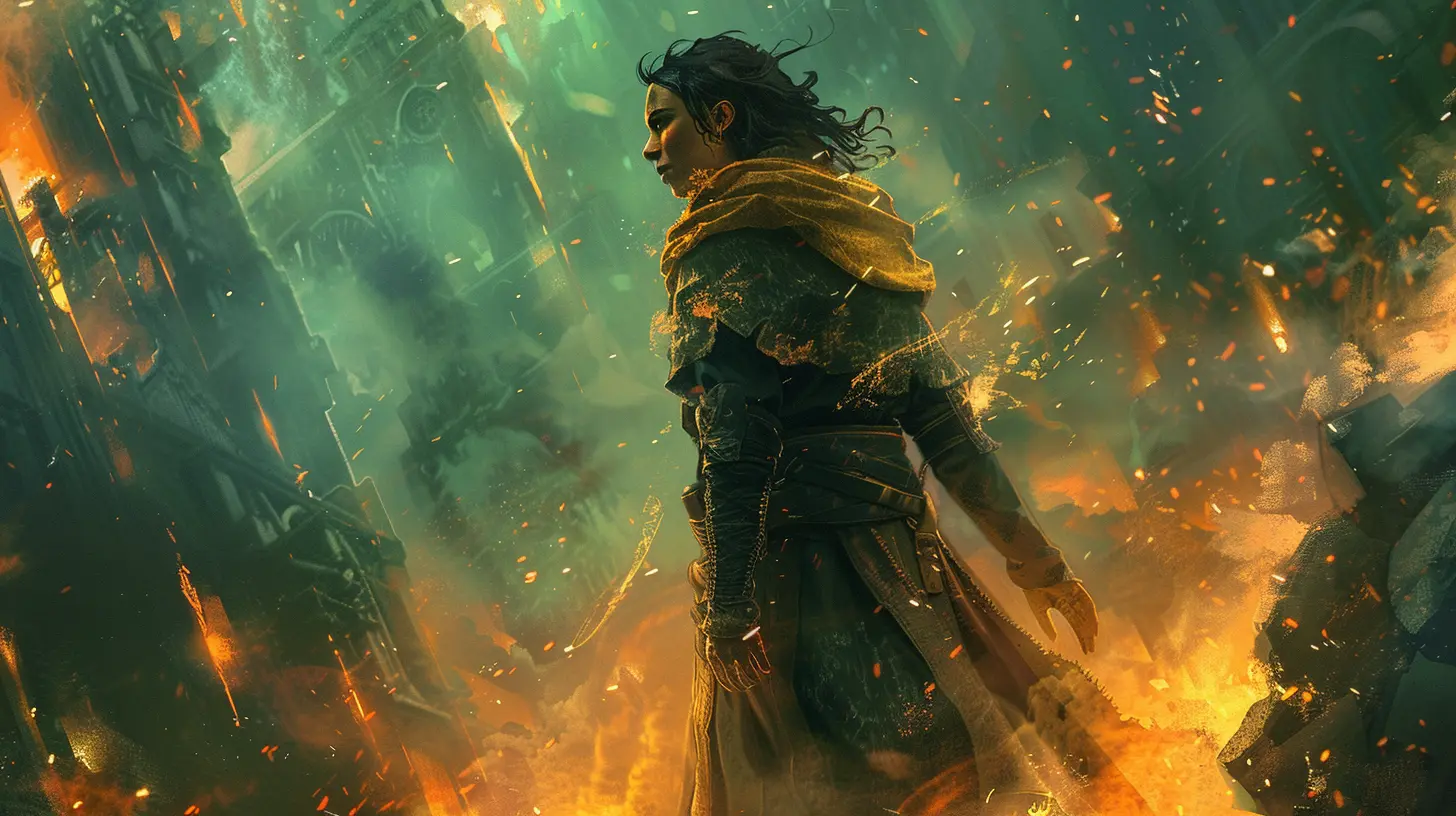
Emotional Connection: The Core of a Great Game
Let’s get real—games without well-developed characters can feel like wandering through a theme park with no map. Sure, it looks fun, but there’s no emotional anchor. On the flip side, when a game features characters with depth, we start to see the world through their eyes.For instance, in titles like The Last of Us, the relationship between Joel and Ellie isn’t just a subplot—it’s the emotional spine of the entire game. Joel’s journey from being a hardened survivor to reluctantly caring for Ellie gives the narrative weight. And Ellie? Her growth from a spunky teenager to a fierce, independent survivor makes us care about every choice she makes.
When we emotionally connect to characters, the stakes feel higher. It’s no longer just about “winning” the game—it’s about seeing these characters through their trials and triumphs. 
Characters Shape Adventure Worlds
Here’s the thing: a beautifully designed game world is fantastic, but without compelling characters, it can feel... empty. Great characters breathe life into these worlds.Take the Uncharted series. Sure, Nathan Drake’s treasure-hunting escapades are thrilling, but what makes the game special is who Nathan is. His witty banter, his relationships with characters like Sully and Elena, and even moments of self-doubt make every jungle, temple, and lost city he visits feel more alive.
Characters act as our guides, our narrators, and, sometimes, our moral compasses. They make the fantastical worlds feel personal. You’re not just watching the story unfold; you’re experiencing it through them. 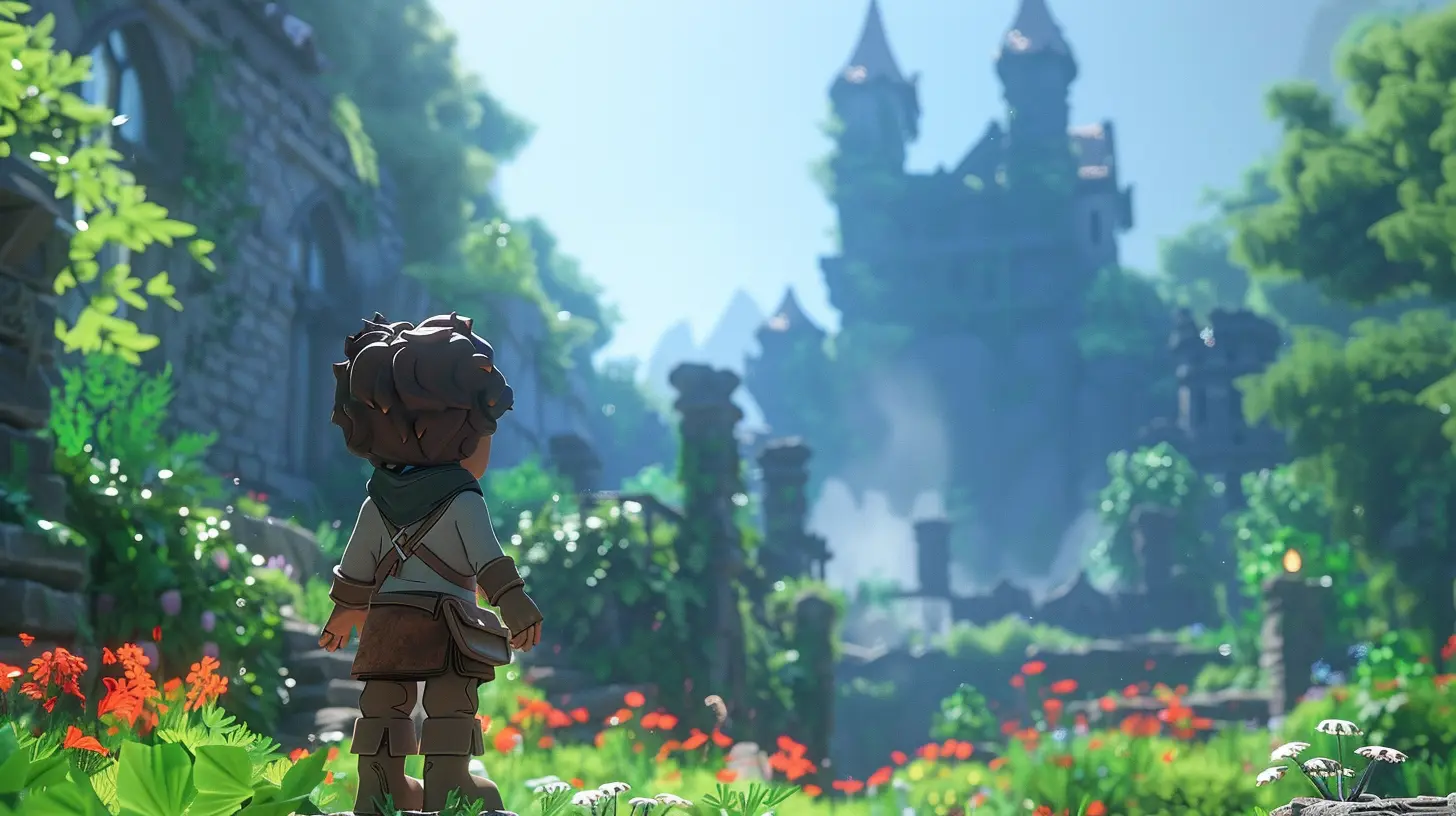
Choices Matter: When Players Shape the Story
Ever played a game where your decisions impact the story? A lot of adventure games today embrace this mechanic, and it’s usually tied directly to character development. Why? Because it amps up player immersion.Take Life is Strange, for example. Your choices directly influence how Max Caulfield’s relationships evolve and how the story unfolds. Every decision feels deeply personal because you’re shaping who these characters become. And when a game gives you the power to influence a character’s growth, you can’t help but feel more attached.
This kind of storytelling makes us pause and think, “What would I do in this situation?” And when characters react to our choices in believable ways, it builds a deeper connection.
Relatable Struggles = Memorable Journeys
Let’s not sugarcoat it—life can be tough. That’s why we gravitate toward characters who face struggles and rise above them. When characters wrestle with challenges, doubts, or inner demons, they remind us of our own battles.Take Red Dead Redemption 2 and Arthur Morgan’s story. His struggle to reconcile his loyalty to his gang with his growing moral compass is one of the most heart-wrenching journeys in gaming. Arthur’s flaws make him human, and his redemption arc resonates with players on a deeply personal level.
Characters with relatable struggles stick with us long after the credits roll. Why? Because they show us that growth is messy and complicated—but also deeply rewarding.
The Role of Side Characters
Hold up—this isn’t just about protagonists! Supporting characters play a huge role in enhancing adventure games too. A compelling side character can steal the spotlight and add layers to the story.Think about Mass Effect. Sure, Commander Shepard is a great protagonist, but it’s the relationships with their crew—like Garrus, Tali, or Liara—that steal the show. Each crew member has their own backstory, struggles, and growth, making the Normandy feel like a real home.
Well-written side characters add depth to the main narrative and make the world feel lived-in. They’re like the puzzle pieces you didn’t realize the game needed until they clicked into place.
How Dialogue Brings Characters To Life
Let’s talk about dialogue. Conversations in adventure games aren’t just there to fill time—they’re pivotal in shaping our understanding of characters. A well-written exchange can reveal fears, motivations, and even hidden agendas.Games like The Witcher 3 absolutely nail this. Geralt’s snarky comebacks, moral dilemmas, and heartfelt moments with characters like Yennefer or Triss make us feel like we’re eavesdropping on real conversations.
Good dialogue gives characters a voice—literally and metaphorically. It’s a window into their soul, and it makes them more than just pixels on a screen.
Breaking Stereotypes: Characters That Surprise Us
Adventure games are breaking free from cookie-cutter stereotypes, and thank goodness for that. Gone are the days of one-dimensional heroes who are all muscle and no personality. Today’s characters challenge expectations and bring diversity to the table.Take Aloy from Horizon Zero Dawn. She’s not your typical “chosen one” hero. She’s fiercely independent, curious, and compassionate, with a healthy dose of skepticism toward the world around her. Aloy’s complexity makes her stand out in a sea of generic protagonists.
When games feature nuanced characters, they feel fresh and relevant. We’re not just playing through a story; we’re witnessing perspectives that challenge the status quo.
Character Development = Replay Value
Here’s a fun bonus: well-developed characters actually boost a game’s replay value. When characters have layered personalities and different story outcomes, players are more likely to revisit the game to see alternate paths or learn more about their favorite characters.Think about Dragon Age: Origins. Depending on your choices, relationships with characters like Morrigan, Alistair, or Leliana can take entirely different directions. That’s the kind of depth that keeps players coming back for more!
The Future of Character Development in Adventure Games
As gaming technology evolves, so does the potential for richer character development. Advanced AI, motion capture, and detailed narrative writing are paving the way for even more immersive storytelling.Imagine a future where characters adapt dynamically to your play style or where every interaction feels as natural as talking to a friend. The possibilities are endless, and honestly? It’s an exciting time to be a gamer.
Wrapping It Up
At its core, character development is what transforms adventure games from “just another game” into unforgettable experiences. It’s what makes us care about the story, invest in the world, and remember the journey long after we’ve put down the controller.So the next time you’re playing an adventure game and find yourself tearing up during a cutscene or cheering on a character’s victory, take a moment to appreciate the artistry behind it. Because great characters make everything better—and in adventure games, they turn a good game into a masterpiece.




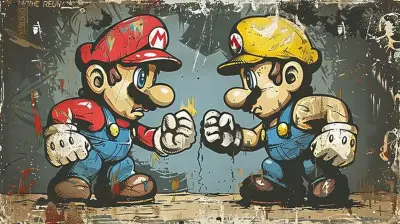


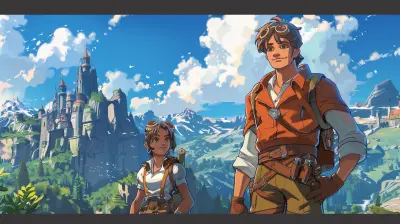
Beau Cruz
Character development deepens player engagement, allowing emotional connections to evolve through narrative choices. This investment enhances immersion, making quests feel personal and impactful, ultimately enriching the adventure gaming experience.
February 25, 2025 at 5:34 AM